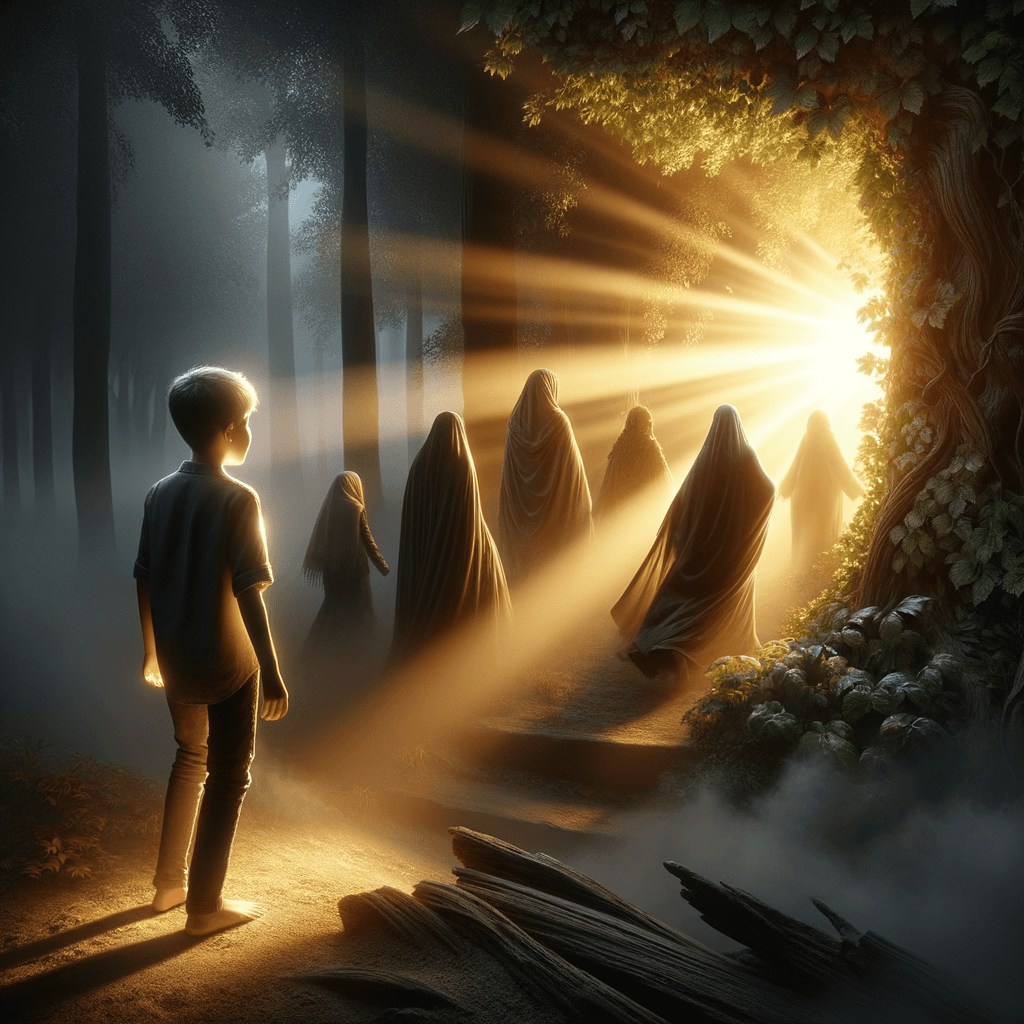The Real Tragedy of Fear: Plato on Darkness and Light

We can easily forgive a child who is afraid of the dark; the real tragedy of life is when men are afraid of the light. — Plato
—What lingers after this line?
One-minute reflection
What's one small action this suggests?
Innocence of Childhood Fear
Plato suggests that it is natural and forgivable for children to fear the dark, as they are still learning to navigate the world and their fears come from a place of innocence and inexperience.
Symbolism of Darkness and Light
Darkness symbolizes ignorance, fear, and the unknown, while light represents knowledge, truth, and enlightenment. When men fear the light, it means they are unwilling to face truth and understanding.
Fear of Change and Growth
This quote highlights the tragedy of adults fearing enlightenment or personal growth. It points to a reluctance to step out of one's comfort zone and embrace higher truths.
Philosophical Pursuit of Truth
Plato's philosophy often revolves around seeking truth and wisdom. Here, he critiques those who avoid or reject truth, viewing such avoidance as a greater failing than the natural fears of childhood.
Moral and Societal Implications
The fear of light can also be interpreted as a metaphor for societal stagnation. A society that clings to ignorance and resists progress faces greater tragedy than a child fearful of the dark.
Context in Platonic Philosophy
Plato's allegory of the cave in 'The Republic' mirrors this idea. It depicts people who fear the light and prefer the comfort of shadows, symbolizing the human tendency to resist enlightenment and cling to familiar ignorance.